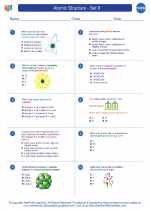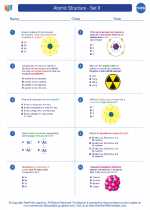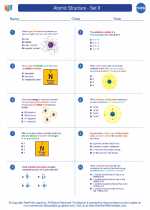Understanding Cosmology
The Big Bang Theory
One of the central concepts in cosmology is the Big Bang theory, which proposes that the universe originated from a single, incredibly dense and hot point about 13.8 billion years ago. This event marked the beginning of the expansion of the universe and the creation of all matter and energy.
Cosmic Microwave Background (CMB)
The cosmic microwave background radiation is a key piece of evidence supporting the Big Bang theory. It is a faint glow of light that fills the universe and is a remnant of the intense heat from the early universe.
Dark Matter and Dark Energy
Cosmologists study the presence and effects of dark matter and dark energy, which are thought to make up the majority of the universe's mass and energy. Although these components cannot be directly observed, their influence on the dynamics of the cosmos is significant.
Observational Cosmology
Observational cosmology involves the use of telescopes and other instruments to study the properties and behavior of celestial objects, such as galaxies, stars, and cosmic phenomena like supernovae and black holes.
Study Guide
Key Concepts
- The Big Bang Theory
- Cosmic Microwave Background
- Dark Matter and Dark Energy
- Observational Cosmology
Important Figures
- Georges Lemaître: Formulated the theory of the expansion of the universe, a key precursor to the Big Bang theory.
- Edwin Hubble: Provided observational evidence for the expansion of the universe and the concept of the Hubble constant.
Recommended Reading
- "A Brief History of Time" by Stephen Hawking
- "The First Three Minutes" by Steven Weinberg
- "The Inflationary Universe" by Alan Guth
Study Tips
- Familiarize yourself with the basic principles of general relativity, as it forms the theoretical framework for cosmology.
- Stay updated with the latest discoveries in cosmology through scientific journals and reputable websites such as NASA's official publications.
[Cosmology] Related Worksheets and Study Guides:
.◂Chemistry Worksheets and Study Guides High School. Atomic Structure - Set II

 Worksheet/Answer key
Worksheet/Answer key
 Worksheet/Answer key
Worksheet/Answer key
